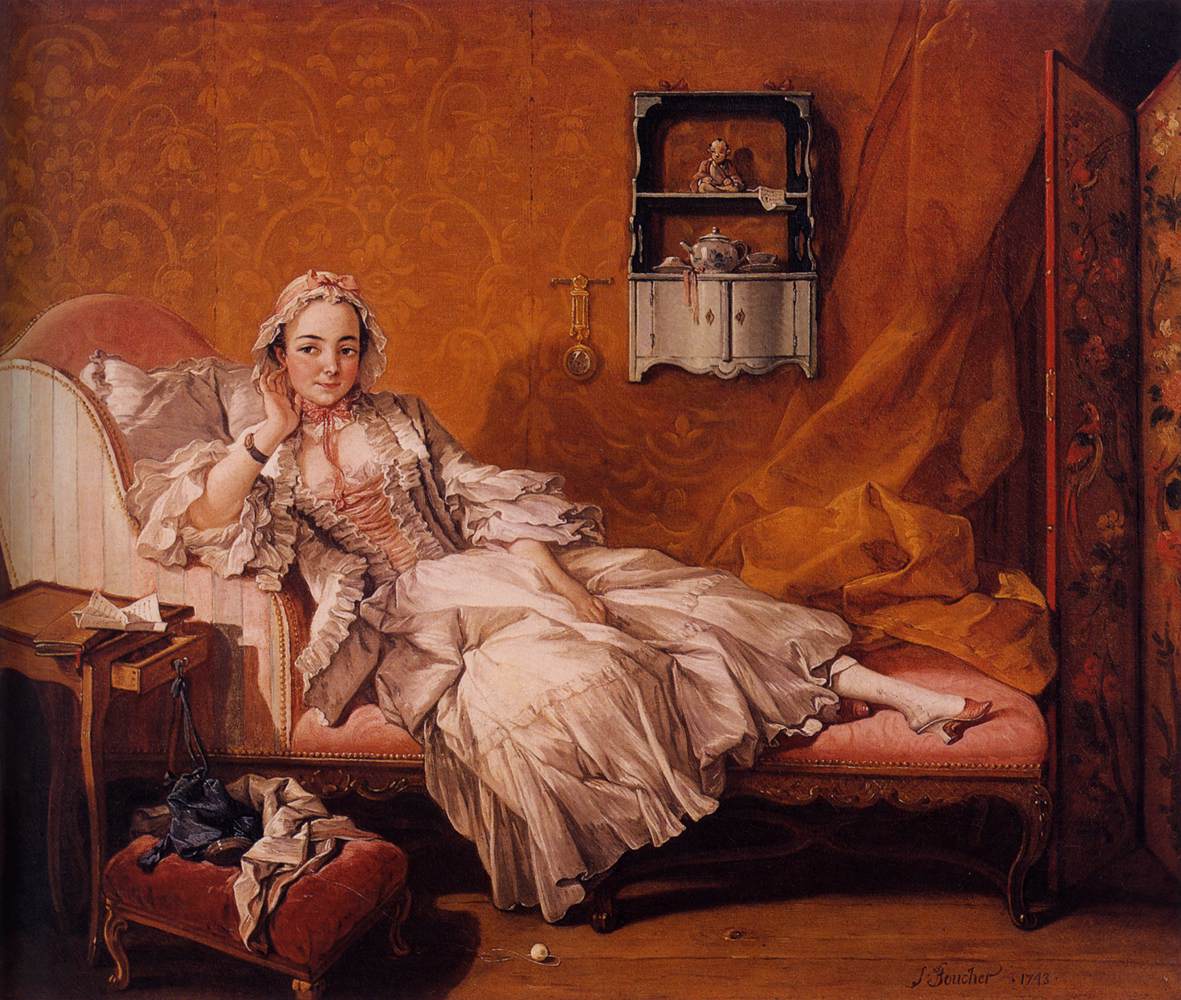It is a commonplace in today's creative writing programs for the professors, and the students themselves, to believe, and to say, and to critique others' works believing, that the purpose of art is to raise questions, not answer them. A story should not settle something, or advocate for one particular point of view (so narrow!) but should similarly bring to our attention the various possibilities. This idea is fashionable across the arts generally, among documentary filmmakers ("Capturing the Friedmans" is supposedly great because it raises questions and doesn't attempt to answer them) and visual artists and nonfiction writers and everyone who thinks of himself as an artist. This is what is in fashion.
I think this comes from art's crisis of confidence in the face of the near-complete and total domination of science, and its bastard offspring "social science," in Western (or do I even need the qualifier Western?) civilization. Since science, and social science, are rational (in social science's case, that's a big stretch, but it's assumed to be rational by the culture, anyway) and our "show me the numbers" society privileges anything that's rational or believed to be rational, art has been trying to find a space for itself, and it thinks that space is the space for critiquing, for raising questions, for opening up.
But this has it all backwards! The fact is that science, itself, is the place for raising questions. Science does not give us answers. We are so used to the opposite belief - that science tells the clear truth about life, that science tells us the answers to things - that this might sound crazy, backwards, loopy. But the fact is, science doesn't, can't tell us how to act, what to do, how to live, what decisions to make, because science is indifferent to, and useless at discerning, what one should do. It can't even conceive of the idea of "should." How can such a thing, that can't even conceive of the idea of "should," possibly answer questions for us? How could it possibly tell us what do to?
Medicine is just one area which reveals this problem. We have the capability, these days, to extend people's lives for years past the point where they can take care of themselves, or think clearly, or even eat and relieve themselves on their own. Medicine is structured around the assumption that extending life is always good, because the number of years, months, and days that a person lives is just that - a number, and science must have its numbers, its quantifiables. Science cannot even begin to ask the question "but is life worth living?" It cannot consider quality of life, except by hopelessly warping and diminishing it (creating a 1 to 10 scale of happiness, or something similarly reductive). Science and medicine cannot answer the question of what is life to be for, and just one of the results of this blind spot is the dreaded "home," the nursing facility or sterile, segregated community where we send old people to die. We have figured out how to extend life, but we have utterly failed to grapple with the question of what those extra years are to be for.
The world according to science is a lonely world that is indifferent to us. The idea that there might be answers there, in science, is indicative of how much we have fallen under science ideology's spell, and how we have allowed it to lull us into a false and tautological hypnotic state (and yes, I use a magic metaphor to point out the pseudoscience behind much of our approach to science). We have become convinced that we are like numbers, that we are predictable and follow rules, and that we just don't know the rules yet, but we will if we keep looking to science to give them to us. Since we think we are predictable, we devalue revelation, creativity, and art, turning ourselves into automatons, and thus make ourselves predictable and overruled.
But this is nonsense. If we turned to the great works of art that humankind has produced, turned to them and really saw them, really felt them not as dusty pieces of history, not as products of churning and predictable cultural forces, but as the heart-changing works that they are, we would see that these works of art are the answers we long for. If we take, for example, the Bible, and read it as it asks to be read, we see that it is very much written to answer questions, not to raise them, as people today insist art should do. The Bible is very much about answering the question of how one should live, and its answer is as rich, complex, and difficult as any answer to that question must be. It doesn't shy away from answering, from trying. Nor do Shakespeare's plays, or the works of Dickens. It is a great and terrible sign of our current blindness that we do not see that the artists who created these works believed very much in answering questions with their art.
Perhaps we have decided, for instance in the case of the Bible, that we do not like their answers. Yet how cowardly, how wasteful, how damning it is that we try to excuse ourselves from providing our own.
Saturday, August 14, 2010
Subscribe to:
Post Comments (Atom)

No comments:
Post a Comment